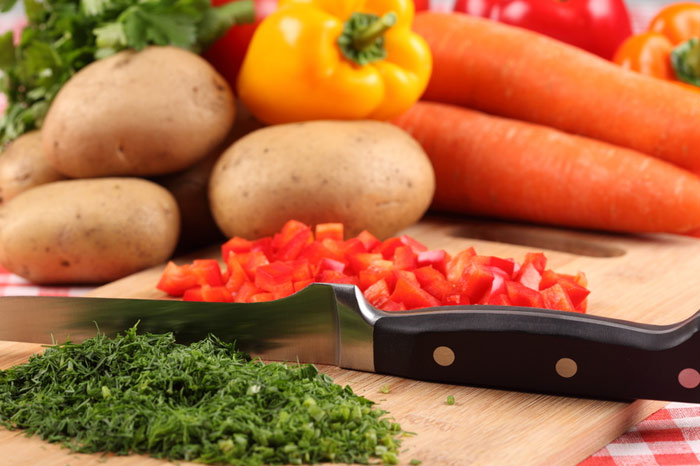How to Save Money on Food?
We do not seem to overeat and do not consume bowls of foie gras, but we still spend a lot of money on food. This problem is well-known to almost all housewives. Is it possible to save on food and not to lose the quality and usefulness of the diet? Of course, it is! Geniusbeauty.com will tell you how to do it.

How to avoid unnecessary purchases?
The first step is to change the customer behavior in order to save on food. Pretty serious sums of money are spent on the products, which are scarcely noticeable in the total diet, but have a significant impact on the wallet!
Basically, this is what we call “tasty foods” – fast food, sweets, and all kinds of snacks, etc.
Of course, we do not call you to take the dull cabbage-pasta diet – sometimes you can and should treat yourself with something! Sometimes, but not every day! And do not substitute the main meals with these additional products!
So how can you monitor your casual purchases in a grocery store?
- Do not go to the store hungry. Buy only what is planned, and not what the starving stomach demands!
- Plan the menu. If you cannot do it for the whole week – plan it for a day or two. And purchase only the products that are needed for this menu!
- Write a list of necessary purchases. It logically follows from the previous advice.
- Take a snack with you or plan clearly what and where you are going to eat when away from home. Practice shows that a homemade sandwich costs 2-3 times less than a hot dog on the street. This is not to mention apples, bananas and other fruits!
- The foods that can spoil quickly (meat, fish, dairy products, vegetables and fruit) should be bought for not more than 2-3 days. Otherwise you risk throwing these products away; you may need to get rid of them since it will be impossible to eat them. At the same time, try to realistically assess how much and what you will eat during these 2-3 days – even if you eventually get half a kilo of potatoes, 3-4 apples, 2 oranges, 1 fish steak, etc.
- Do not take the discounted food – this food will not last for a long time! First, it is a huge risk of poisoning, and secondly, you will have to cut, clean, remove something…
Change your eating habits!
Another reason for spending large amounts of food is wrong dietary habits. Of course, if the finances allow eating avocado and oysters, we will not dissuade you from doing this. But if it is necessary for you to save on food, we will help make your diet both cheaper and healthier!
- Eat less, but more often. If you do not reach the point when you would want to eat an elephant; if you just have little snacks between meals, the portions can be significantly reduced without compromising the health! Besides it is good for the waistline… It is worth choosing vegetables, fruits or nuts for snacks – they are not too expensive!
- Let the diet be based on seasonal vegetables and fruits. They are always cheaper than those that are stored from the previous season or grown in greenhouses! By the way, they are also useful – vitamin composition is reduced while the foods are stored. Besides, for the fruits and “watery” vegetables not to spoil, they are often treated with special chemical solutions. Well, why should you need a cucumber in February, when it is much more useful to eat beets with garlic?
- Local products are cheaper than imported ones. Give preference to what is grown (or caught) in your region – not only to save money, but also to get the benefit: local products are usually sold when they are fresher and not subjected to long-term storage and transportation.
- Prepared and preserved foods are always more expensive than raw ingredients. So if you want to save on useful food – do not be lazy to cook at home! It tastes better, and there are no preservatives in the food.
- Learn to cook the meals based on inexpensive ingredients with a more expensive product added to the main one. For example, a 300-gram piece of veal will be enough to cook 2 chops and eat them at once. But you can also cook rice pilaf and feed the whole family three nights in a row! Adding some vegetables, of course.
- Prepare food for 1-2 meals. You will avoid the situation when soup and porridge will be stored in the fridge for a long time. In such cases you can no longer look at them and rush to buy something else.
In general, it can be beneficial not only for the purse, but also for the stomach if you save on food!
